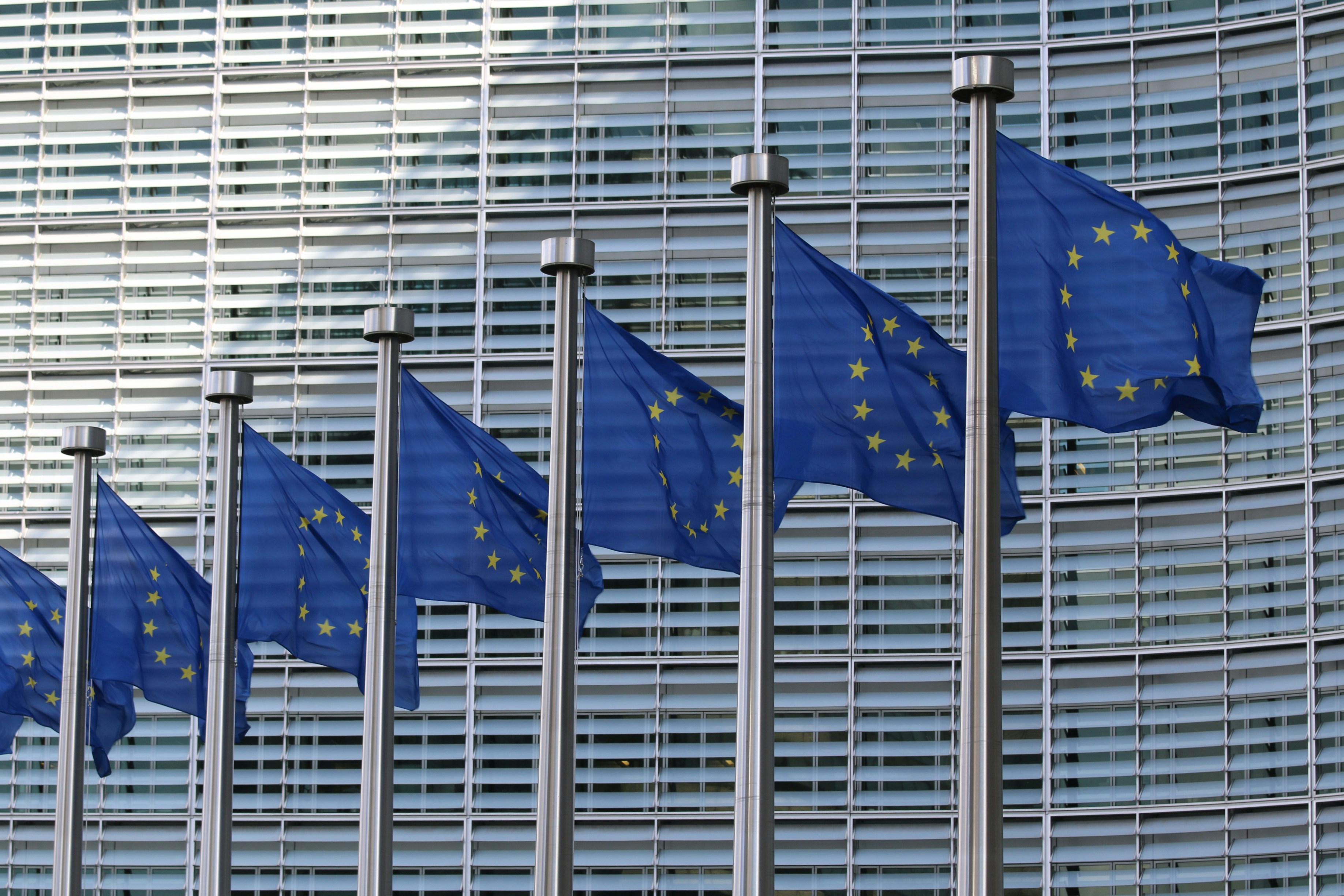
European Parliament Approves Dilution of the CSDDD
No draft legislation proposed by the EU Commission sees the light of day unchanged: The involvement of the EU Parliament and the Council repeatedly leads to proposed amendments. This has now also been the case for the CSDDD (Corporate Sustainability Due Diligence Directive) in the European Parliament: After lengthy discussions, the Parliament has proposed significant relaxations. Thus, the process now enters the final negotiation stage.
What amendments is the European Parliament proposing for the CSDDD?
1. New criteria for affected companies
Most recently, companies with 1,000 employees and an annual turnover of 450 million Euros were expected to fall under the CSDDD. If the European Parliament’s proposal prevails, new criteria will apply: the law would only apply to companies with at least 5,000 employees and 1.5 billion Euros in turnover.
2. Significantly fewer companies affected
Due to these new criteria, the number of affected companies would drop from approximately 6,900 firms to only about 1,600 corporations. In other words, primarily large enterprises will continue to be strictly monitored.
3. Climate protection plans: Verification requirement removed
The mandatory comprehensive documentation of climate protection plans would also be eliminated without replacement—an aspect strongly criticized by environmental, climate, and consumer protection organizations.
What are the advantages of the proposed amendments to the EU CSDDD?
The advantages for the economy are obvious: significantly less bureaucracy. Not only would the number of companies affected by the law decrease substantially, but the verification requirement for climate protection plans would also be removed entirely.
Supporters of the amendments particularly emphasize that this would reduce bureaucratic burdens on medium-sized businesses and indirectly strengthen them. However, this stands in contrast to the practice of many large corporations contractually passing verification requirements on to business partners. Consequently, the evidentiary obligations under the EU CSDDD may still impact smaller companies that are part of a larger corporation’s supply chain, even without direct EU obligations.
What criticism has been raised regarding the amendments to the CSDDD?
Criticism of the amendments comes from numerous stakeholders, so we summarize only the key points below.
1. Majority of companies no longer affected
If enacted in this form, the CSDDD would apply exclusively to large corporations. These companies would bear a higher bureaucratic burden compared to medium-sized or small businesses.
2. Climate protection is being neglected
With the removal of the verification requirement for internal climate protection plans, there is concern that companies’ efforts toward climate protection may lose momentum or even be neglected.
3. And what about consumers?
Whether in the supermarket or when purchasing a car: consumers expect their goods to be produced without child labor, exploitation, or environmental damage. The original CSDDD was intended to create transparency in these areas—but due to the relaxations, it will remain difficult for buyers to assess whether a product was produced fairly and safely.
What happens next with the EU CSDDD?
EU legislation is designed for maximum compromise and typically proceeds as follows:
- The EU Commission proposes new legislation.
- The EU Council and Parliament each discuss it and propose amendments.
- All proposed amendments are ultimately negotiated between the Commission, Parliament, and Council.
- If no agreement is reached, the proposal goes to a Conciliation Committee.
The new EU CSDDD has just completed the second step: the European Parliament has agreed on amendments, and final negotiations will now take place.
It therefore remains to be seen what companies will ultimately face. The new EU CSDDD is expected to enter into force on 1 January 2028.
One thing is certain, however: the secure and efficient exchange of certificates and other important documents remains essential for companies of all sizes. Any company that does not know or verify its supply chain accepts risks to its own business.
If you would like to know how to implement this 100% securely in your company while reducing the effort involved, we are happy to advise you!











